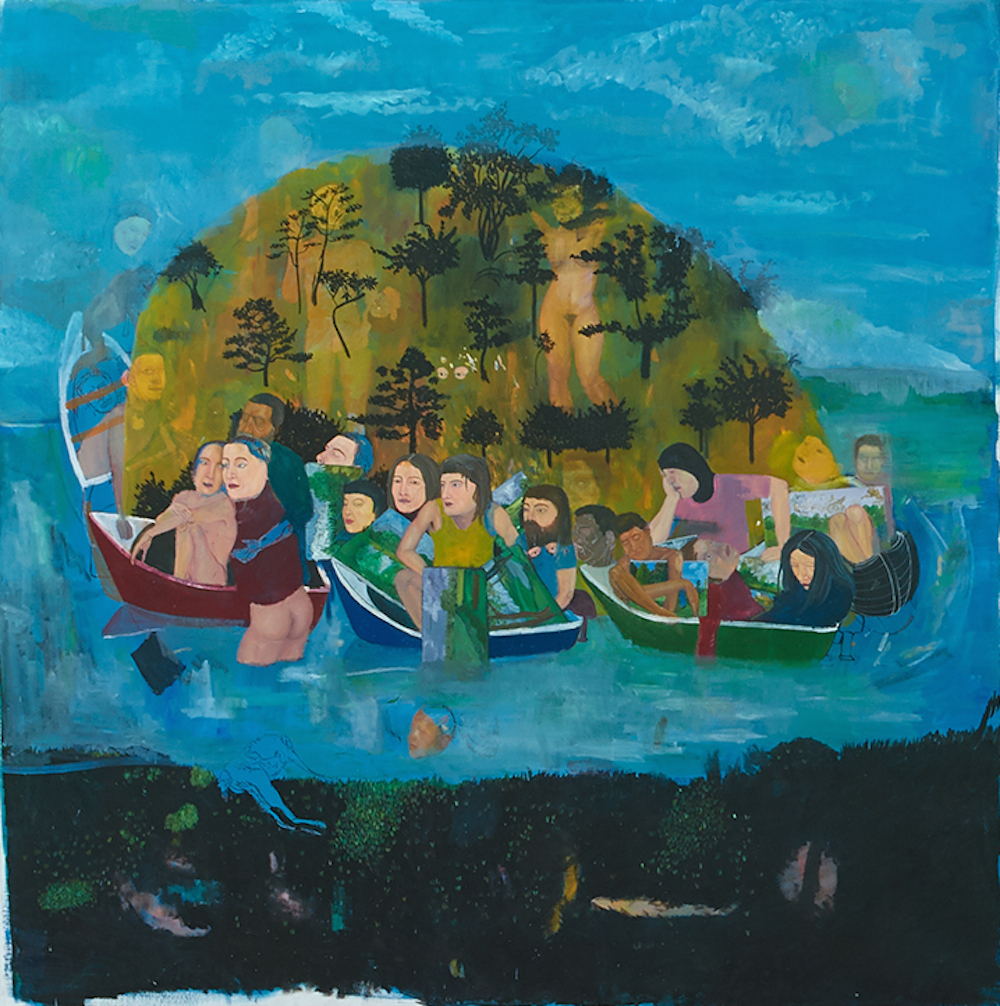LECTURE
Prof. Dr. Isabell Lorey
Precarisation and (queer) debt
4 June 2019
Event as part of the exhibition "Heart of an old crocodile exploding over a small town"
Precarisation in neoliberalism refers not only to uncertain, limited working conditions, but to life as a whole. It is a condition proper to both human and non-human living beings, an unavoidable state of being exposed to danger, not only because we are mortal, but also specifically because we are social
During her lecture Isabell Lorey will present her theory of precarisation, taking as a starting point three ways in which precarisation is connected to debt: as a colonial foundation of Western modernism, as living and working conditions in current finance capitalism and debt-based economy and as a condition of life that makes us dependent on others and our surroundings, on care and reproduction. She will focus on how precarisation and precariousness are intertwined with a debt economy in gendered and radicalized terms and propose a new understanding of social debt with the actualization of precariousness. If we are connected with others, are we then also indebted to one another without necessarily being morally obligated? What are queer debts and why are they black? Which role here plays the modern masculinist and white figure of the autonomous individual? Why does this entanglement need the linearity of time with the focus to a future? How could a break with these logics look like?
The lecture accompanies the current exhibition at Temporary Gallery. It relates to themes inherent in it and goes beyond them through involving the issue of debt as connected to humans, things and environments.
Isabell Lorey is a professor for Queer Studies in Arts and Science at the Academy of Media Arts Cologne. In her book State of Insecurity: Government of the Precarious (Verso 2015; orig.: Die Regierung der Prekären (2012)), she focuses on the precarization of life and labour in neoliberalism. Her recent work examines new radical democratic practices emerging from social movements, and she has just finished a book on „Presentist Democracy“.
Images
1 — Bram Demunter, Returning to John, 2018
